Is Pride still a Protest? Four LGBTQ+ voices offer their take
"Our lives depend on it": As part of our Pride with Attitude festival, we asked four LGBTQs what Pride means to them in 2023'
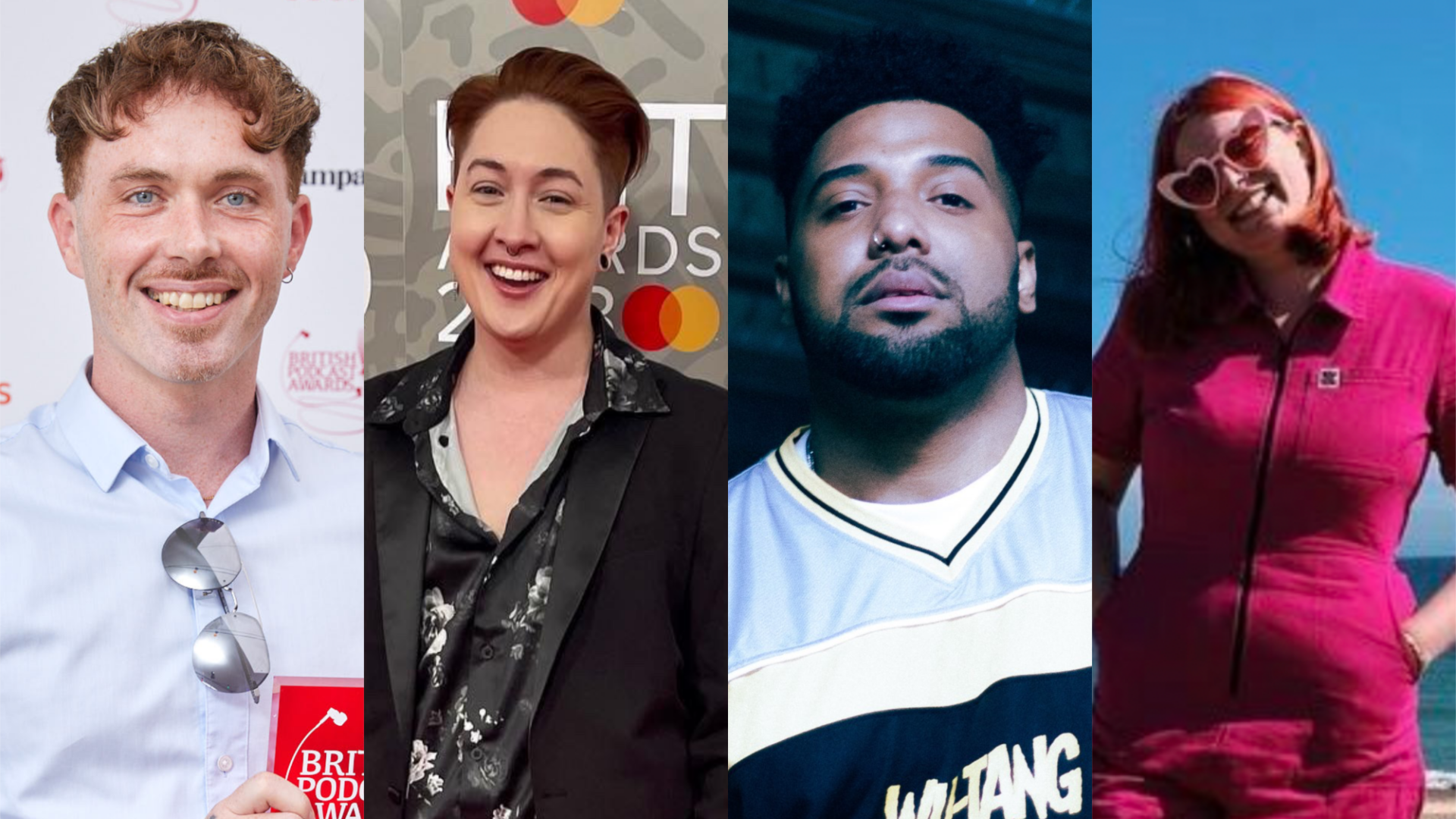
Graeme Smith – host of Outcast UK (he/him)
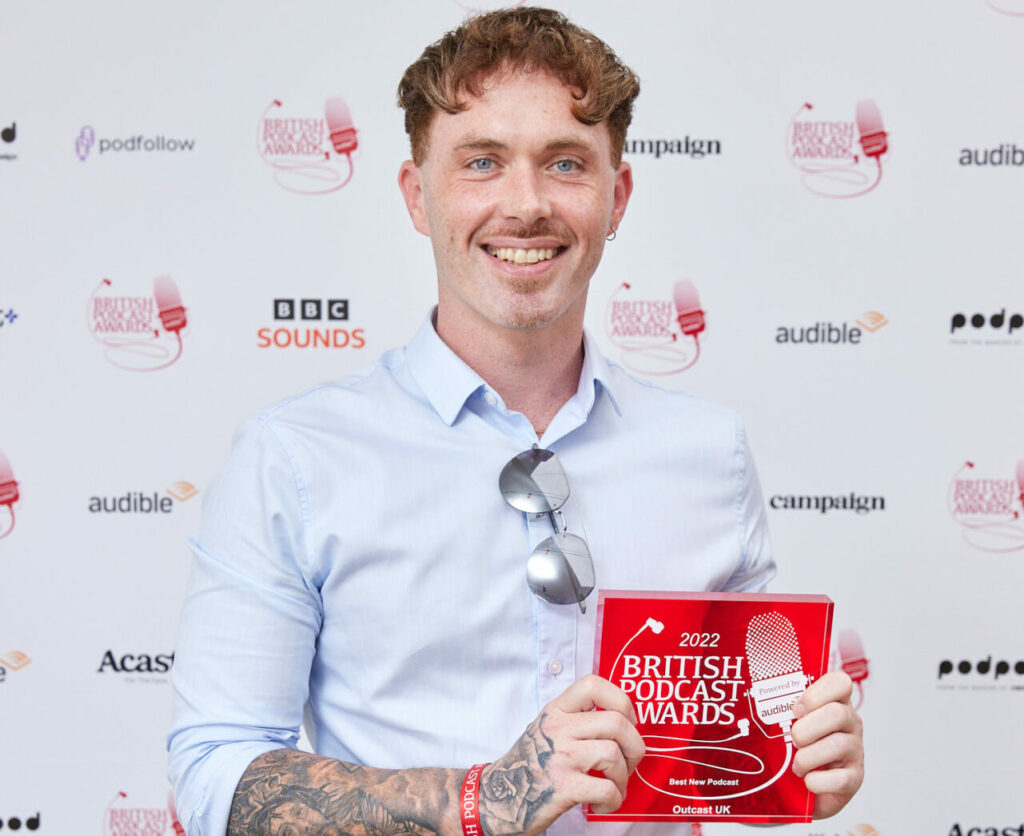
The very first pride was a protest to mark the anniversary of the Stonewall uprising in 1969. The LGBTQ+ community began to rebel against police brutality, led by trans women of colour, later airbrushed from history by generations of white cisgender gay men. For a time, millennials like me saw Pride as a party as it became commercialised. With hindsight, this was a luxury.
In the last few years we have seen our trans siblings forced onto the front line of a culture war with their rights being attacked by politicians. We are seeing attempts to remove references to LGBTQ+ people from libraries in the US. In the UK, hate crimes against us increasing dramatically, such as the recent murder of 16 year old trans girl Brianna Ghey in Warrington. The hard-won freedoms our queer ancestors fought for at Stonewall cannot be taken for granted. Pride is a protest again because our lives depend on it.
Nick Charles – DJ and presenter (he/him)
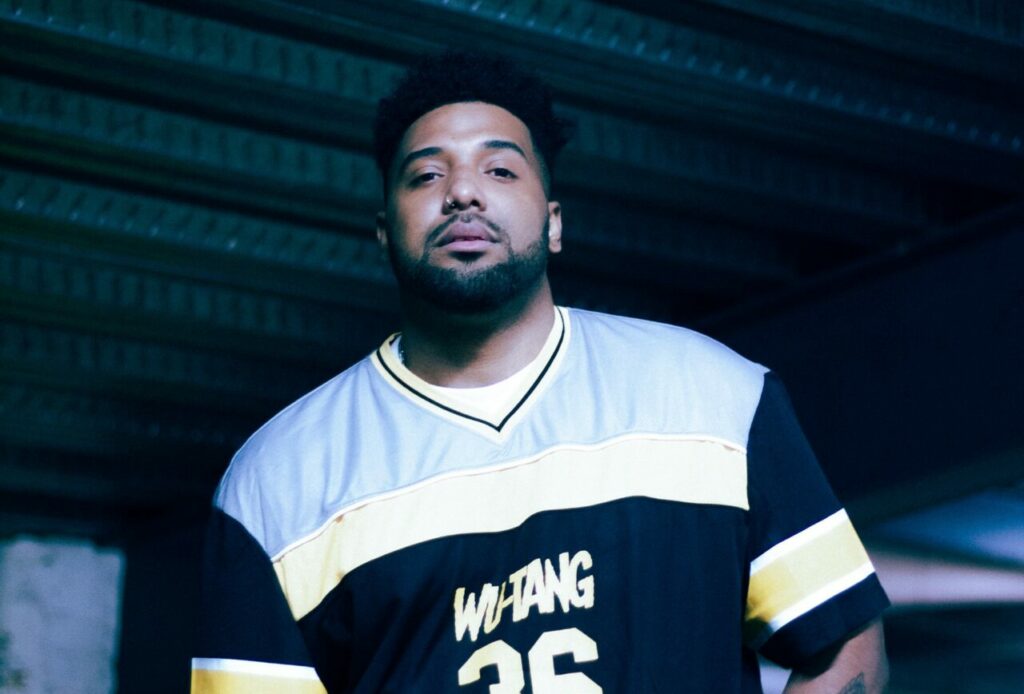
In recent times, we’ve seen, heard and even spoken amongst our community that we’re constantly under attack. It’s quite disheartening sometimes to open the news app or social media and see the constant barrage of hate being spurred, however, our community will always stand tall against any kind of hate and discrimination. Ever since that first pride March in 1969, we’ve always been resilient, and continue to fight the good fight! Pride means different things to different people. To you, pride may mean feeling a sense of accomplishment or satisfaction in something you have done. It may also mean feeling a sense of self-worth or confidence. Pride can be a positive emotion that can help you feel good about yourself and your accomplishments. It might be the queer spaces you attend such as Sonic Yootha in Liverpool or Homoelectic in Manchester or your local pub that are proud allies.
Pride will forever be a protest, it has to and it will, and there is only one reason for that, until we’re all equal, we will never be equal. Though that is a very cliche statement, it does speak volumes! Life is already a roller coaster, why would you want to make it any less enjoyable? So until that bright lovely day where we all can walk around in love and light, pride will always be a Protest.
Paris Munro – Presenter and producer (they/he)
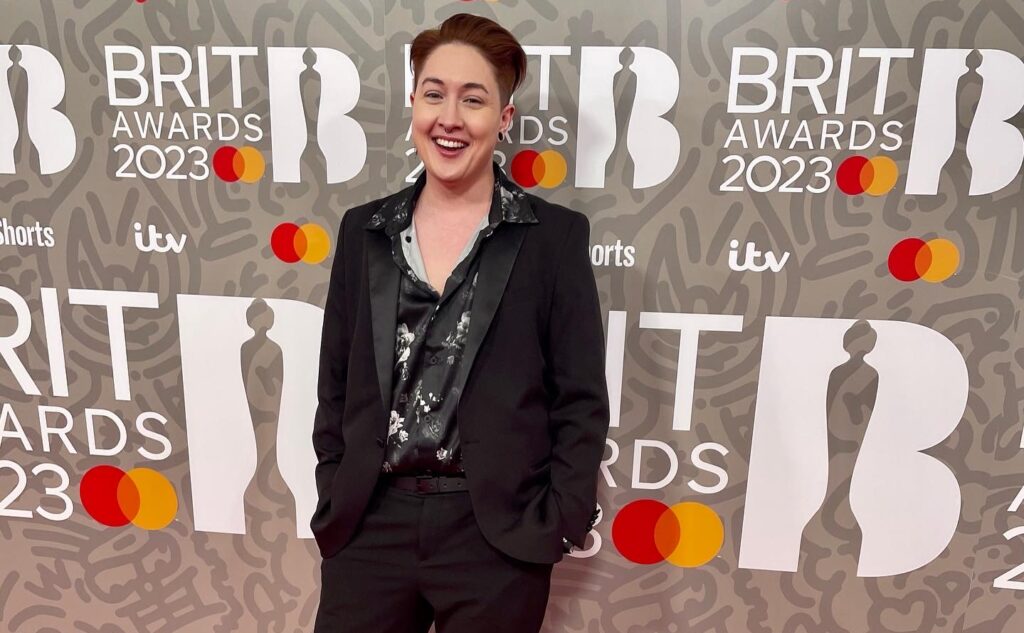
I don’t know about you but in the past, I’ve always seen “Pride” as a celebration of who we are and how far we’ve come, we should be free to be visible and free to just be. It’s 2023 and still we have so many countries where people are shamed, incarcerated and even put to death just for being part of the community. Pride to me is not just a party, but also a protest. To be that voice for those who are not heard, and those who are unable to live as any human being should. It’s wild to me that every human being on the planet isn’t treated equally and isn’t given the same level of human rights.
Everyone’s health care should be seen as equal, yet it is delayed by unbearable lengths or denied, or not deemed as “socially appropriate / acceptable” In the UK, LGBTQ+ people’s rights (our rights) are still up for debate, meaning the fight isn’t over, we still have work to do.
Visibility is so important and being visible can be so daunting even in 2023, it took me such a long time to embrace who I truly am.
Trans Voices need to be heard and shown in a positive light. We need to make our voices the loudest and keep fighting the fight, continue to support each other in the community, as if they come for one from the LGBTQ+ community, they will come for all.
Until our community is equal to those who are not LGBTQ+ then Pride will still be a protest. Let’s fight for your loved ones, fight for you, and so many others who don’t have a voice!
Eleanor Noyce – Freelance journalist and copywriter (she/her)
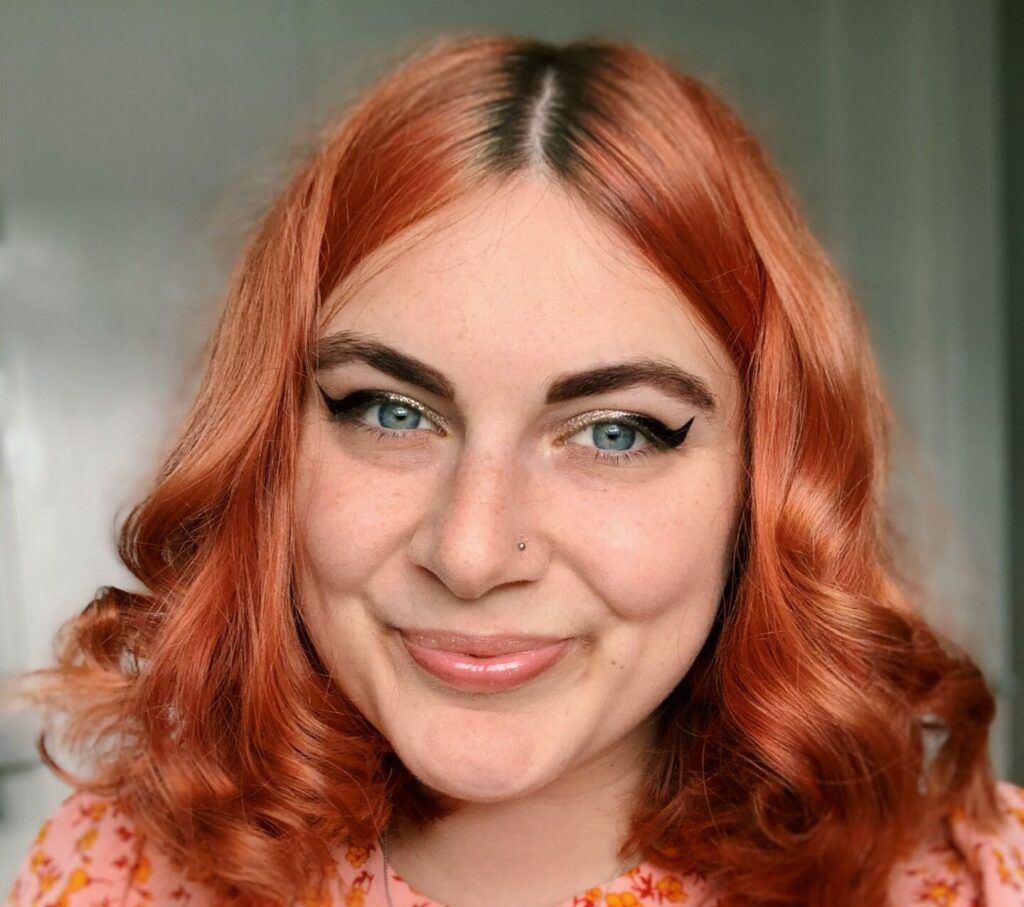
To me, Pride is and always has been a protest. There’s nothing like the glittery, camp pop party that has become synonymous with Pride Month – these spaces have served and healed me, and no doubt countless others. But the fight isn’t over.
Pride began as a protest – the first marches were held in 1970, one year after the Stonewall Uprising. London followed in 1972. We’ve come so far as a community during that time, but we can’t forget those roots. To do so would be a disrespect to every LGBTQIA person that has fought for our rights across history.
Nowadays, the UK is often hailed as a haven for LGBTQIA people, but increasingly that feels not to be the case. Queer women and non-binary people continue to face financial barriers to IVF despite the Government’s commitment to the Women’s Health Policy in April 2022; one year on, and still many are unclear on how or whether these plans will be rolled out. So-called ‘conversion therapy’ still hasn’t been banned, and much of the mainstream media landscape remains deeply transphobic.
I can’t ignore or discard those realities – and there are countless others, too. It’s a global fight, and we have an obligation to keep going. It can’t just be about the parties.
